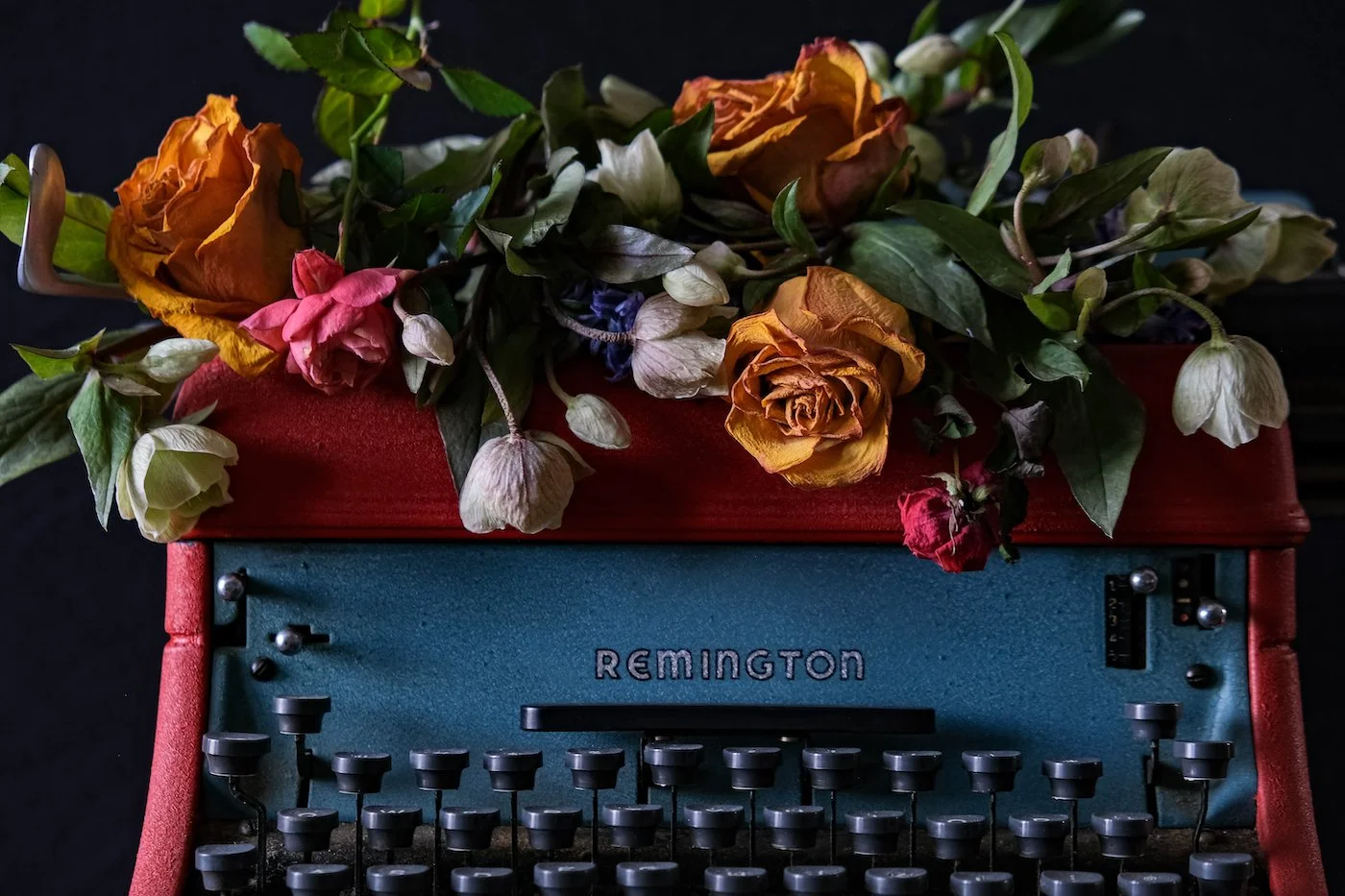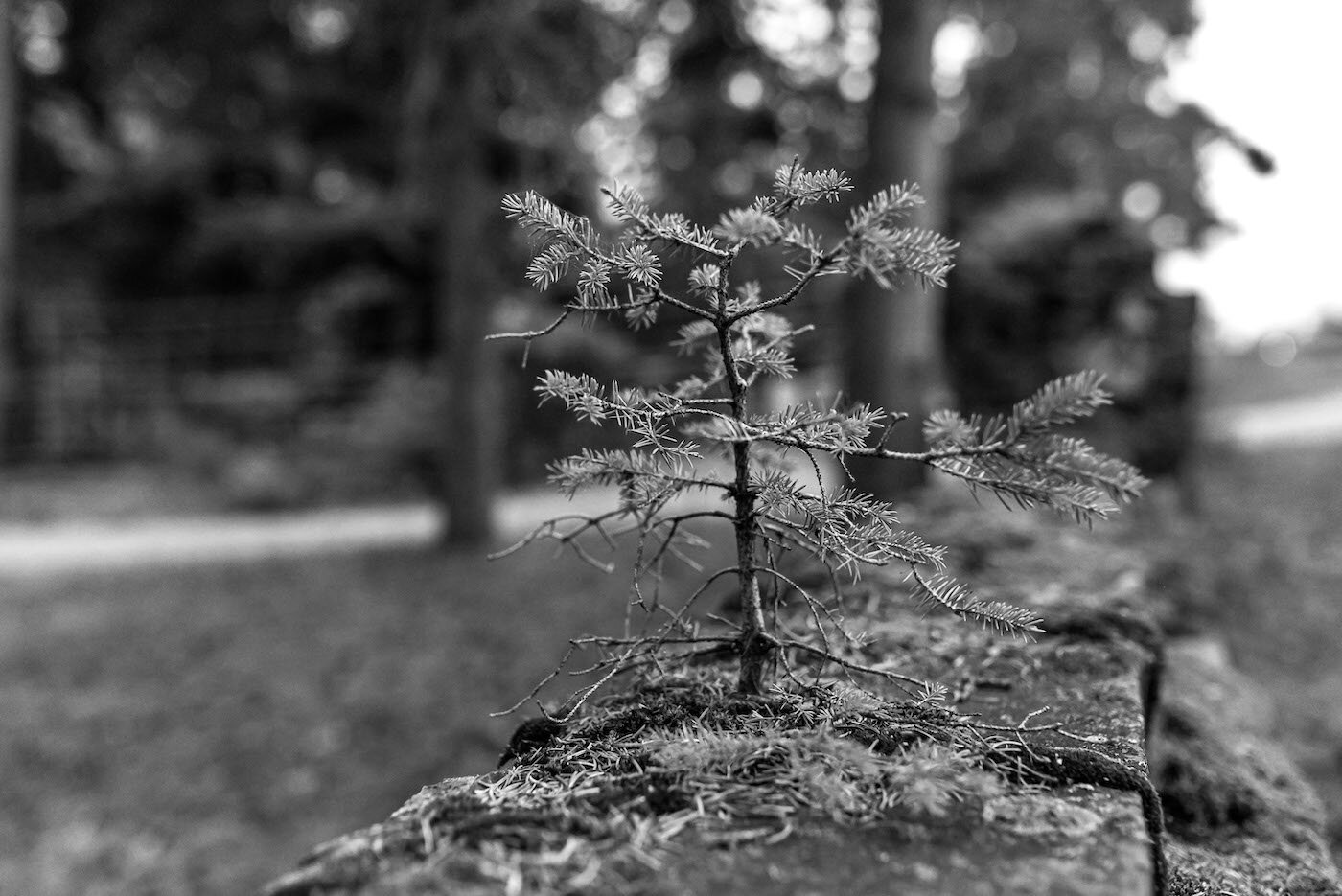If You're Lucky
It was the book Ordinary Affects by Kathleen Stewart that really helped me turn a corner in my brain at one point, and helped me re-frame and look at the everyday in a new way. And in the beautiful way that one book leads to another, I read Stewart’s co-authored book with Lauren Berlant titled, The Hundreds. Next came Berlant’s Cruel Optimism, and then most recently the posthumously published On the Inconvenience of Other People. All published by Duke University. Berlant’s books are deeply theoretical, so not necessarily everyone’s cup of tea, but it’s still possible to glean so much without completely breaking our brain. Though, actually I think the point of their latest book might be partly just that. Judith Butler said this of OTIOOP:
“This book is as magisterial as it is nonpretentious. With attention to detail and a sensitivity to suffering, Lauren Berlant works within the textures of everyday life and language to think about and dislodge the many intractable, irritating, obstructive objects and structures that get in the way of living well. Berlant has left us with advice for reading and for living: use the contradictions introduced by objects, exploit their mutability, dwell in the gaps opened by their incoherence to think through the social world in its intersectional damage and complexity.”
There was an article in The New Yorker in 2019 about Berlant that I bookmarked and keep going back to. I was drawn to it again, because I needed reminding that they were the founder of the “Feel Tank,” which I particularly enjoy because I’m starting a new job at a place nicknamed the “Think Tank” in a little over a week. And I like what Butler has said about how she works to show us that the contradictions inherent in our everyday can be used.
The writer, Hua Hsu, also talks about the book The Hundreds:
“In Berlant and Stewart’s hands, affect theory provides a way of understanding the sensations and resignations of the present, the normalized exhaustion that comes with life in the new economy. It is a way of framing uniquely modern questions: Where did the seeming surplus of emotionality that we see on the Internet come from, and what might it become? What new political feelings were being produced by the rudderless drift of life in the gig economy?”
In short, they are asking good questions.
Berlant died in 2021, leaving before their book, The Inconvenience of Other People, was published. (Immediately we hear that title and the other must-read title comes to mind: The Inconvenient Indian by Thomas King).
The first line of Berlant’s book is this:
“Hell is other people, if you’re lucky.”
We know the phrase “hell is other people” from Sartre’s play No Exit. Berlant talks about how we use the phrase now in a way that has little to do with Sartre’s play; it’s a “quip” that emits “a comic, even courageous, air.” When you say it, it’s a “conspiratorial pleasure” — “it’s other people who are hell, not you. They really are, it’s a relief to admit it.”
Maybe the idea that hell is other people acts, as she says, as “a consoling thought.” She goes on, “Mostly, though, other people are not hell.” And “mostly, other people are inconvenient, which is to say they have to be dealt with. “They” includes you.” So that reframes things, doesn’t it?
Berlant talks about micro-incidents, and how “inconvenience is the force that makes one shift a little while processing the world.” (Which reminds me of lines by James Crews I have printed off and placed in the stone bowl on my desk: “I ask for just the slightest shift / in my thinking, the kindest sifting / of my busy mind, so only wonder / and peace are left behind”).
The sense of it comes from noticing: “a small adjustment you made or couldn’t make, generating an episode bleed that might take on all kinds of mood or tone, from irritation and enjoyment to fake not-caring or genuine light neutrality.”
What is important is “that we are inescapably in relation with other beings and the world and are continuously adjusting to them. I am describing more than “being affected” and sometimes less than “being entangled.” Berlant talks about proximities, scale, duration, the pressures of co-existence. And you are noticing all these things consciously, but also, your body is paying attention, “affirming that what’s in front of you is not all that’s acting on or in you.” And, this spoke to me; Berlant also says that this kind of “inconvenience disturbs the vision of yourself you carry around…”
The thinking in The Inconvenience of Other People addresses racism, misogyny, class, privilege. It interrogates the “vertical hierarchies of privilege” “the heft of microagression” and how “we cannot know each other without being inconvenient to each other.” When we live in proximity “reparative dramas” will ensue, or perhaps not. Regardless “we live on with.” I have literally broken my brain the last couple of years trying to sort the contradictions of our time, how proximities, unresolveablities, affect not just me but ripple outward in at times damaging scenarios. Lord knows I have given up a lot of my best good energy to various Kobayashi Maru exercises. So, here I give Berlant the last word, and encourage you to seek out this book if you’ve the urge to further wrestle with these ideas, so relevant to now.
“The “ontological misery” of being a person as such comes from the violent pressures to resolve the irresolvable, to underdetermine what overwhelms, but also from the expectation that if things like worlds and people were just, living would be simpler. ….in theory we would like the world against which we defend ourselves to take less of our best good energy. Life can be different; it can be better or worse. Just not simple, in the sense of resolved once and for all.”







